The Sting Focuses on Mental Health: Mental Illness is Not a Trend
January 26, 2021
[Editor’s Note: The Sting respects the author of this opinion column’s request to maintain their anonymity because of the personal nature of the content.]
When it comes to gen-z, mental illness is often seen as a trend, not an issue. It’s hard to be open about a problem that people often use for attention or to seem “quirky” and “different,” when all they’re doing is normalizing faking an illness. Not only is it wrong, but it makes it harder for people who have been diagnosed. Even if someone has been diagnosed, they can often be stereotyped and it’s not taken as seriously as it should be.
I have severe generalized and social anxiety. I’ve been diagnosed by different therapists and doctors, but even with that as proof, I still hate admitting it because I feel like I’m just going along with a trend even though it’s not really a choice for me to make. I didn’t just decide one day I would have anxiety; it progressively got worse over time as a result of traumatic events and just growing up. It doesn’t just show up out of nowhere. Everyone has anxiety, it’s a natural instinct to survive, but that’s different than an anxiety disorder.
I notice that a lot of people see anxiety disorders as just being more nervous about stressful situations, and that’s how it’s described to people who don’t really know. So it’s become a recurring mix of attention seeking and false interpretation of a serious thing. The best way I can describe it is it’s like constantly being on a retractable leash while being blindfolded. I know it sounds weird, but it’s like I’m always being held back. Something is holding the leash, and how far it lets it go isn’t up to me. On top of that, I can’t see what’s holding the leash, it’s just there as a constant restraint. I get scared to ask for food or to do anything. I can’t ever think of a reason why it’s happening, my brain just says “NO. BAD. STOP.” any time I just want to ask for a sandwich.
I had a swim meet a few weeks ago and I had just finished an event (200 freestyle).I went up to my coach and she told me I was 16 seconds faster than last time, which is really good in swim.
Want to know how my brain responded?
Panic attack.
I was hyperventilating and crying and both of those together made me dizzy. So dizzy that I fell and hit my head and was in the bathroom until my friend came in to calm me down.
Other examples of mental illness people often use for attention is depression and bipolar disorder (BPD). Some girl was happy and then got sad and said “sorry guys, I’m just bipolar” like it was just a normal adjective.
Often people use mental illness as just that: an adjective, or even worse: a personality trait.
Being sad doesn’t mean all of the sudden someone has depression. There’s so much more, it has intense mood swings, not just happy to sad, but random bursts of energy or anger. Someone with depression may feel nothing at all which can lead to self harm, because, while it’s not a healthy coping mechanism, sometimes people resort to it just to feel something when everything else feels numb. Unfortunately, people often use self harm for attention too, which honestly disgusts me. The fact that someone is so desperate to be seen that they purposefully hurt themselves just to show it off. While some people are going around showing off their scars, others are hiding theirs because looking back and remembering that they were at a point so low that they felt the need to physically harm themselves is more painful than what caused the scars.
With a generation that fetishizes mental illness, it’s hard to acknowledge one’s own without feeling like a fake. Or hearing symptoms of another mental illness and feeling like a trend follower just because it’s relatable. That’s hard enough on its own and because of how generalized it is, people who are suffering in silence might not even be able to be heard because it’s so commonly misinterpreted. People need to recognize the differences between being depressed and having depression or feeling anxious and having an anxiety disorder. If everyone could acknowledge the differences, people could get help, instead of worrying about being seen as a fake.

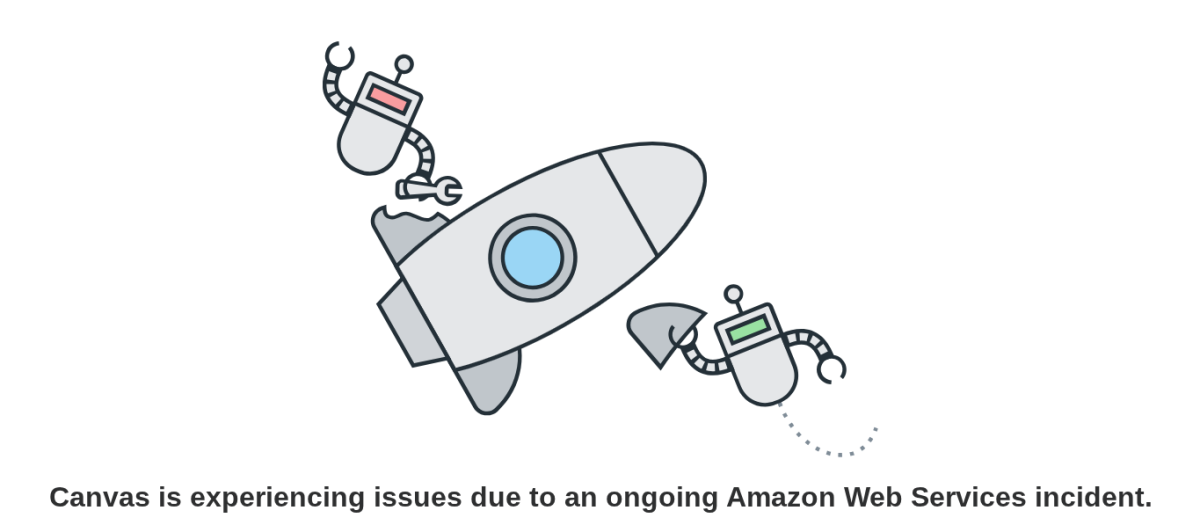
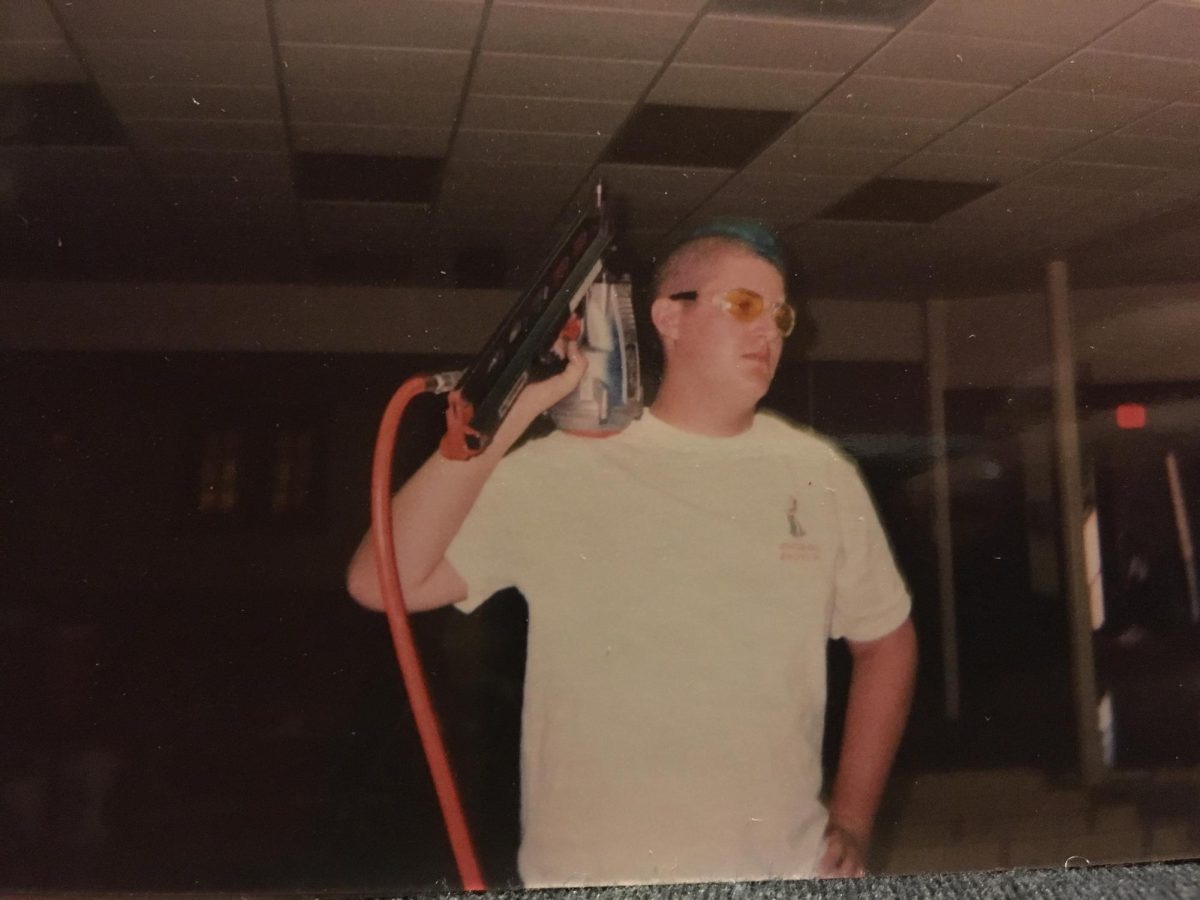
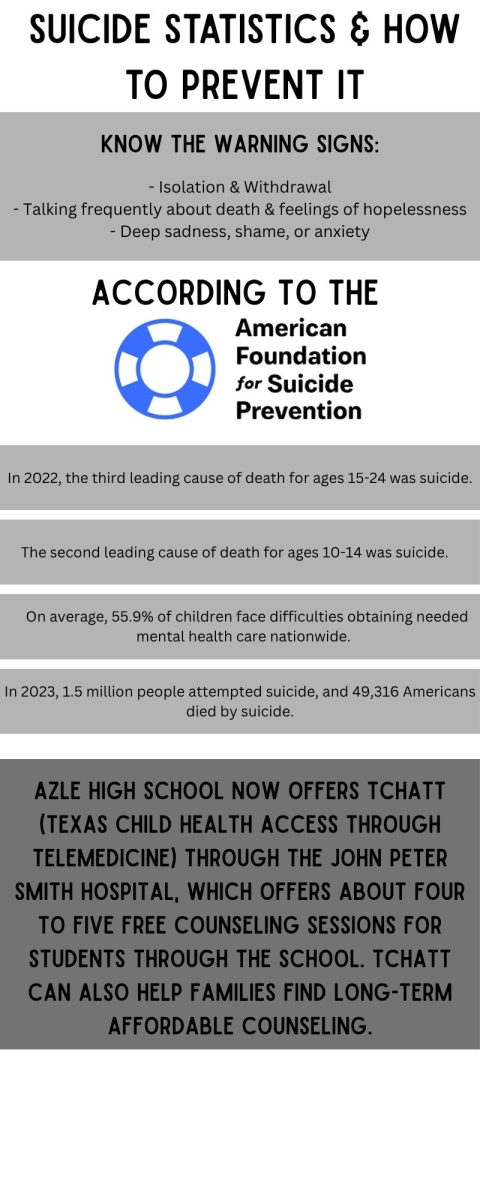
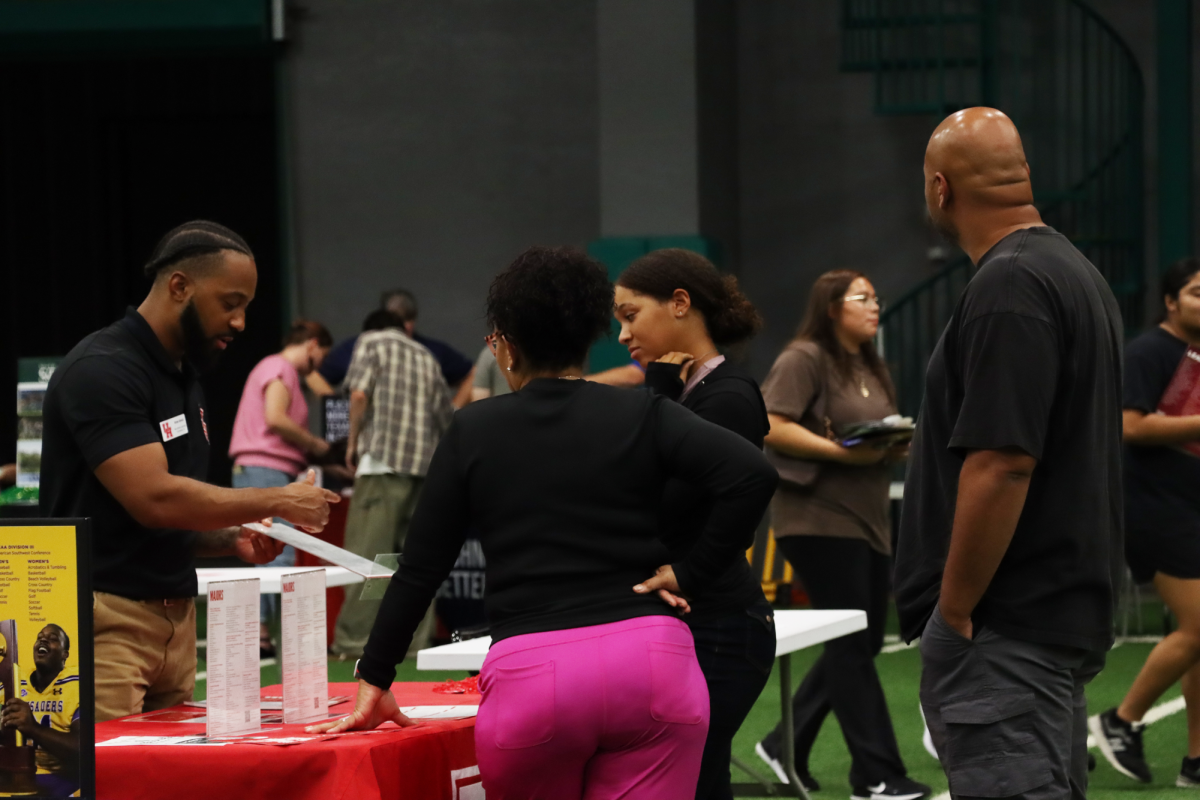
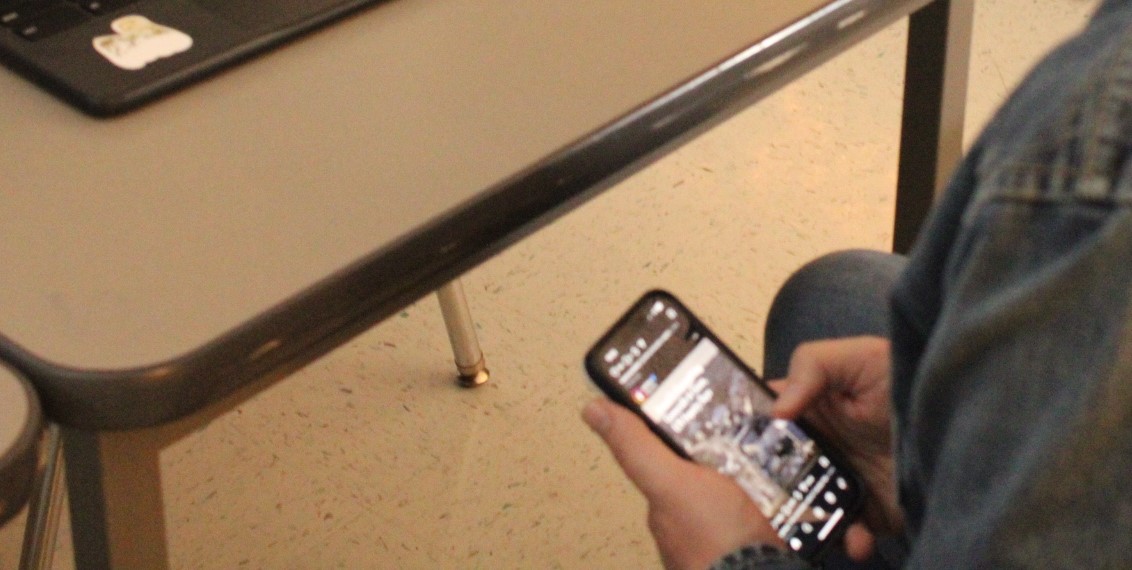
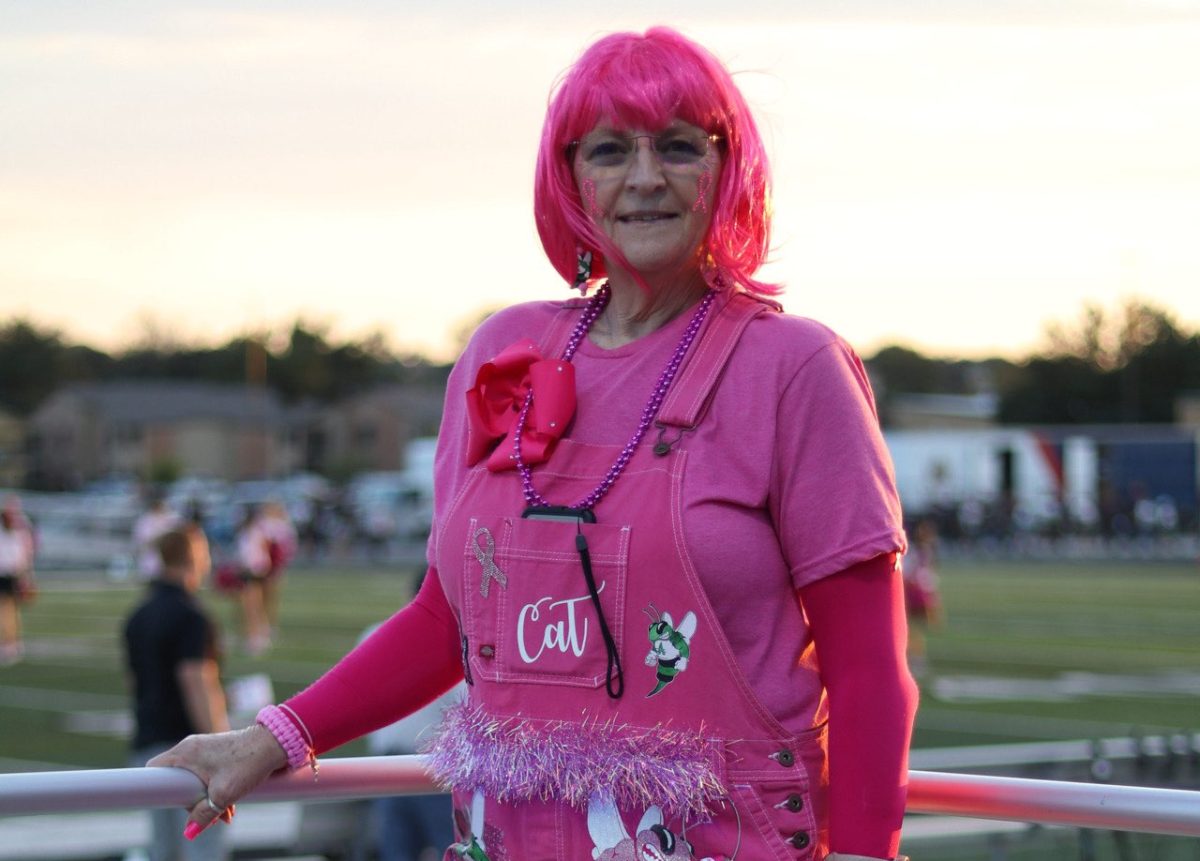
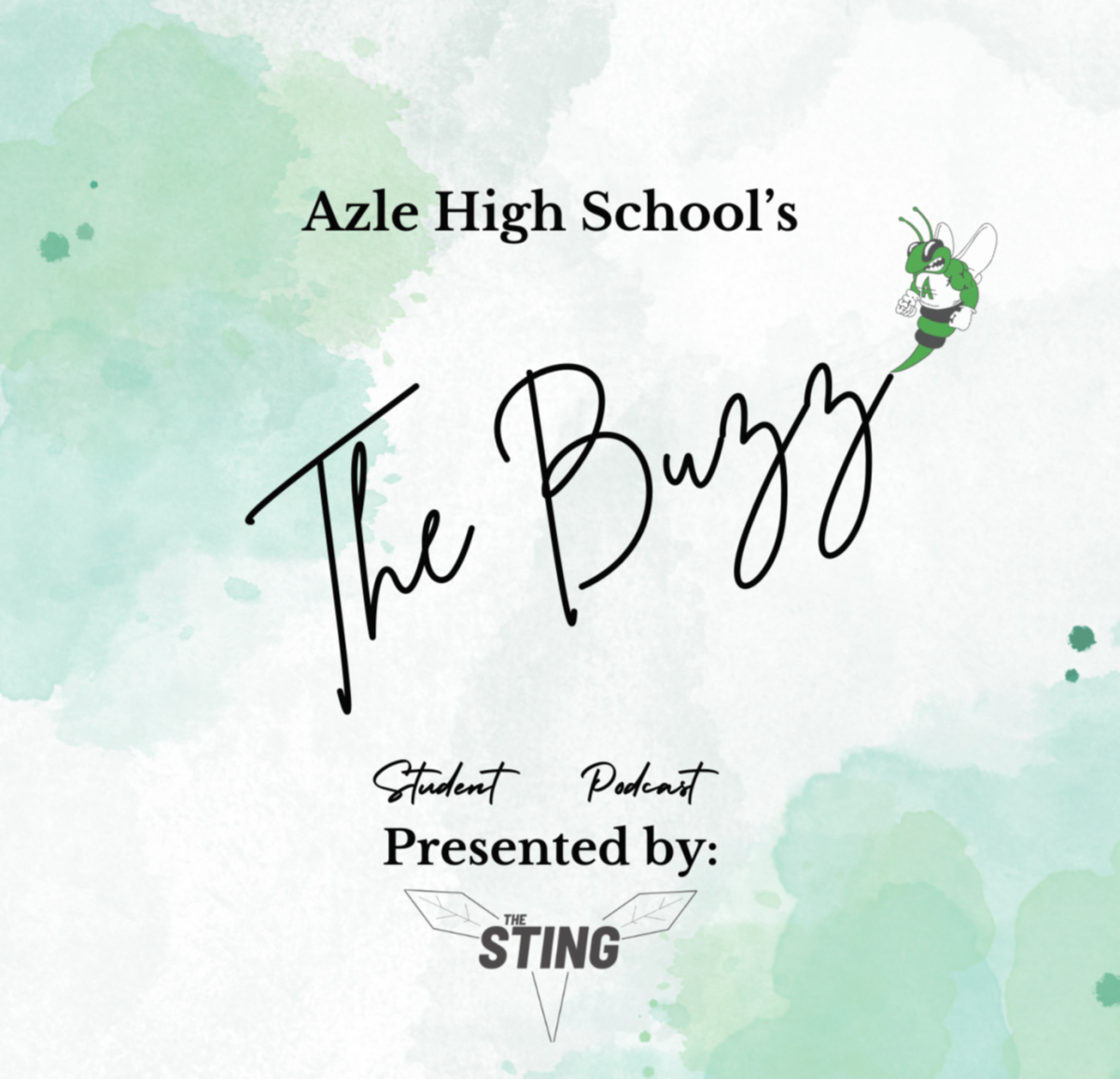


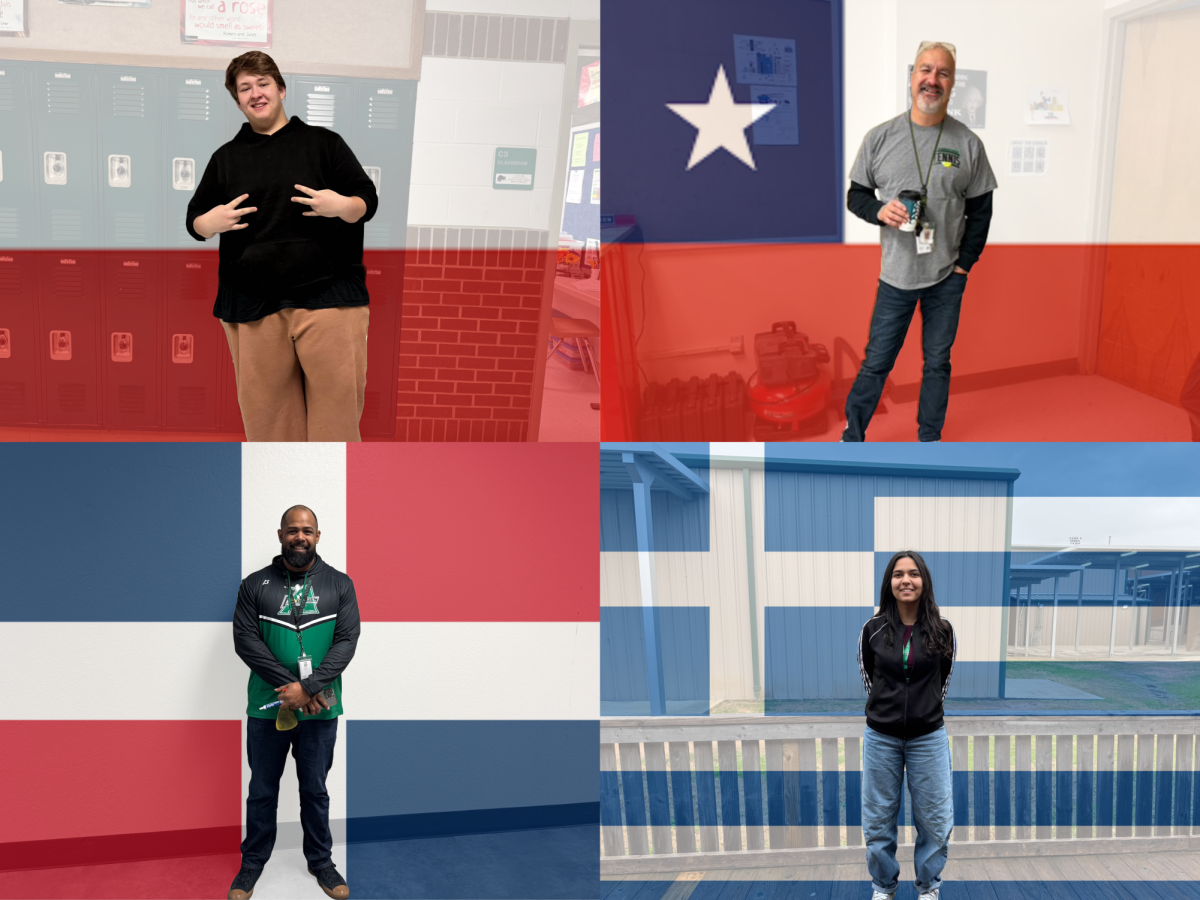

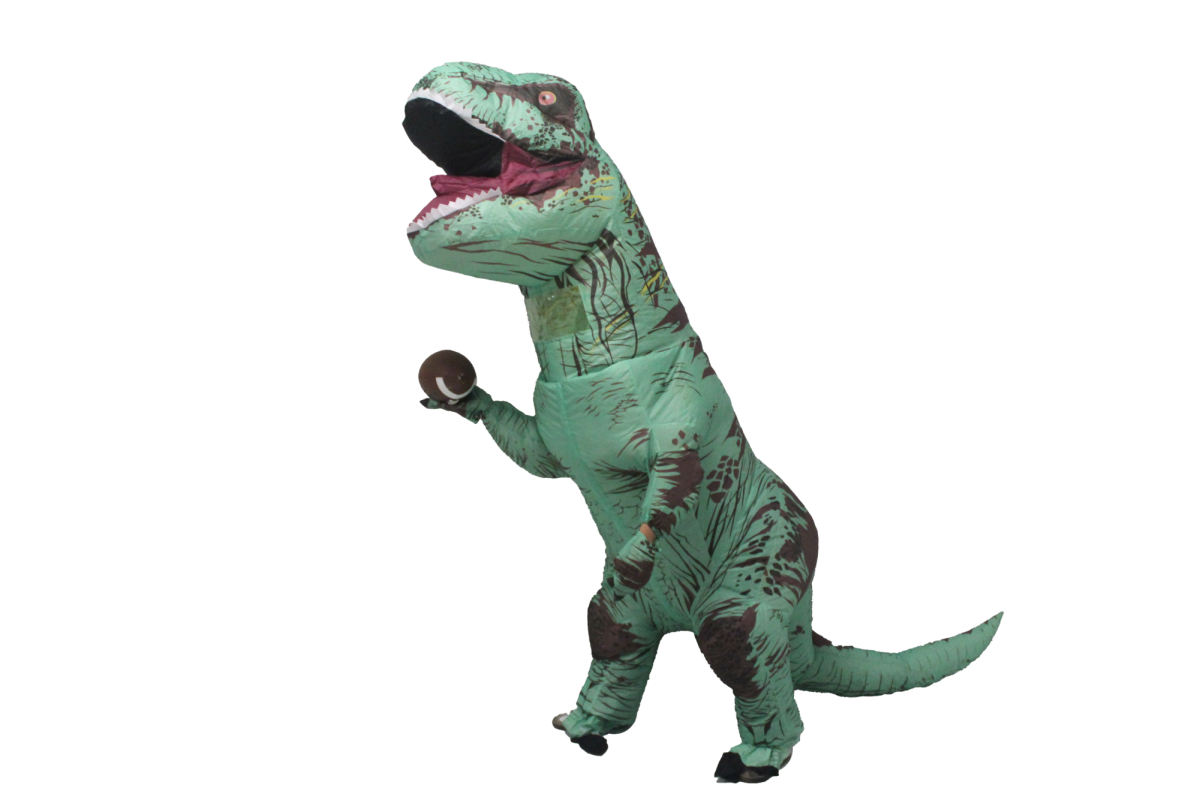
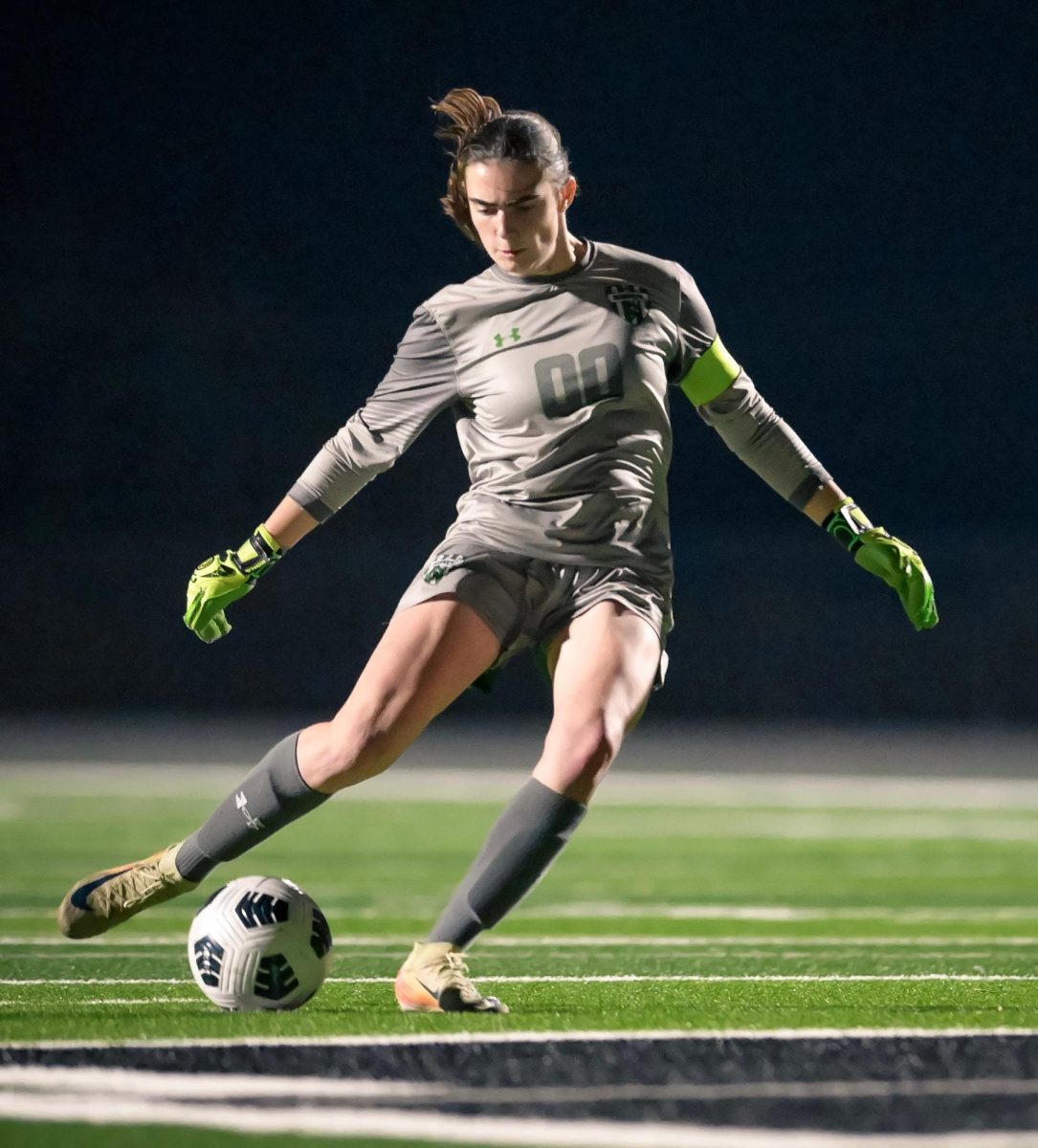

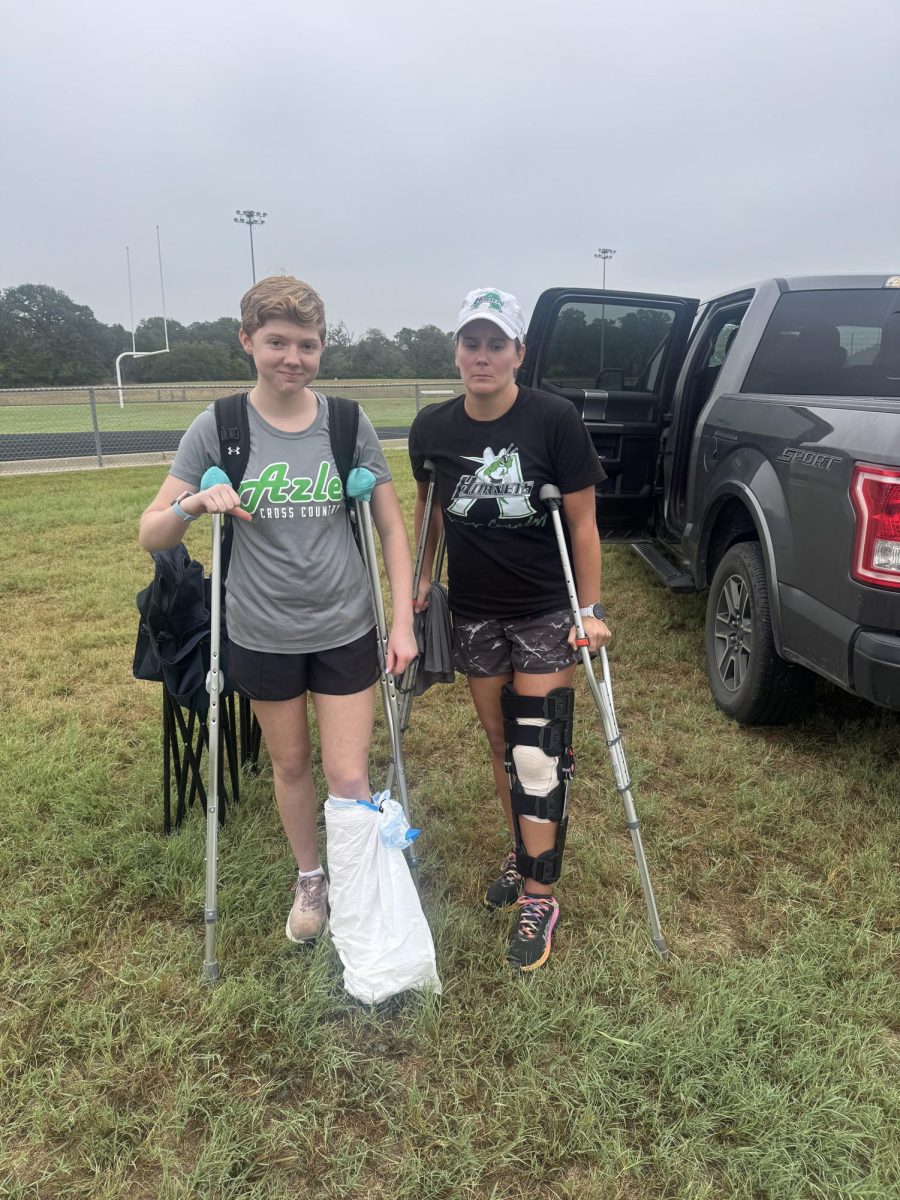

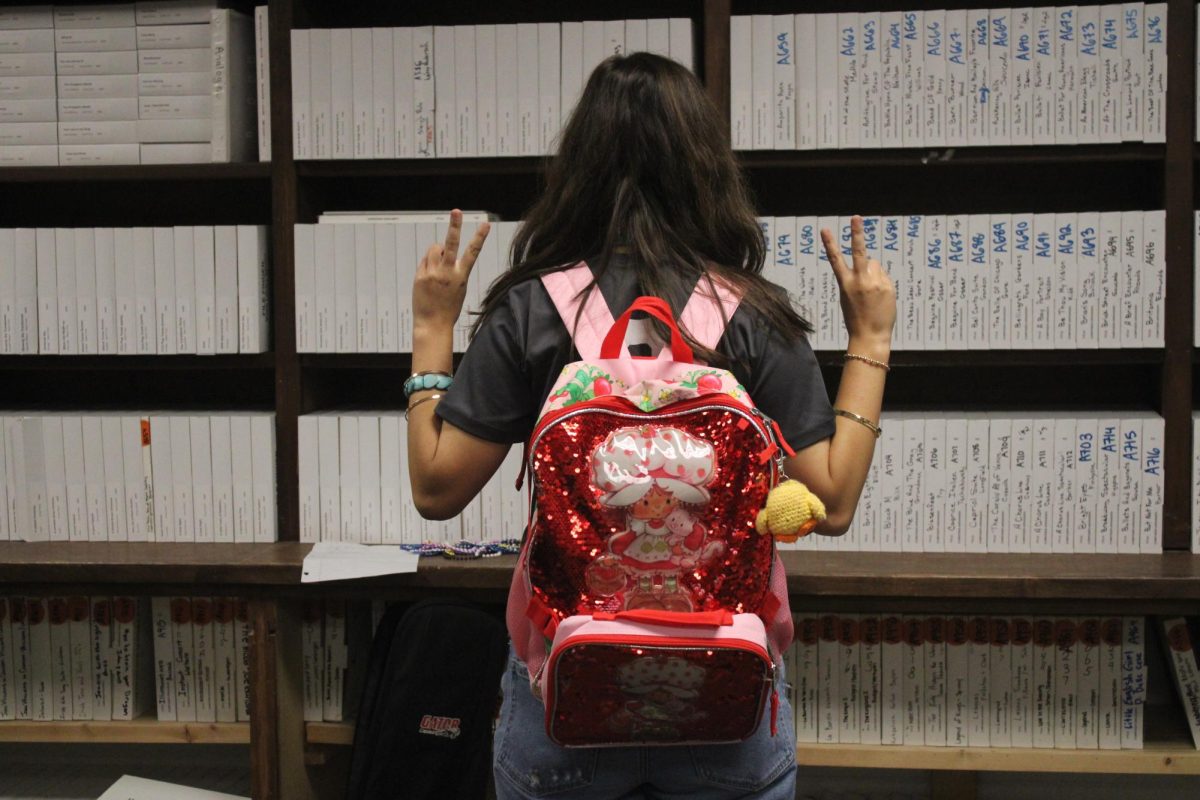
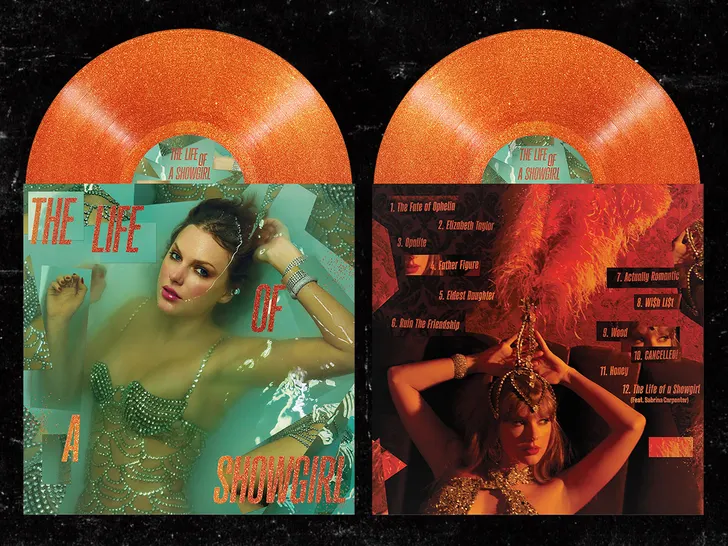


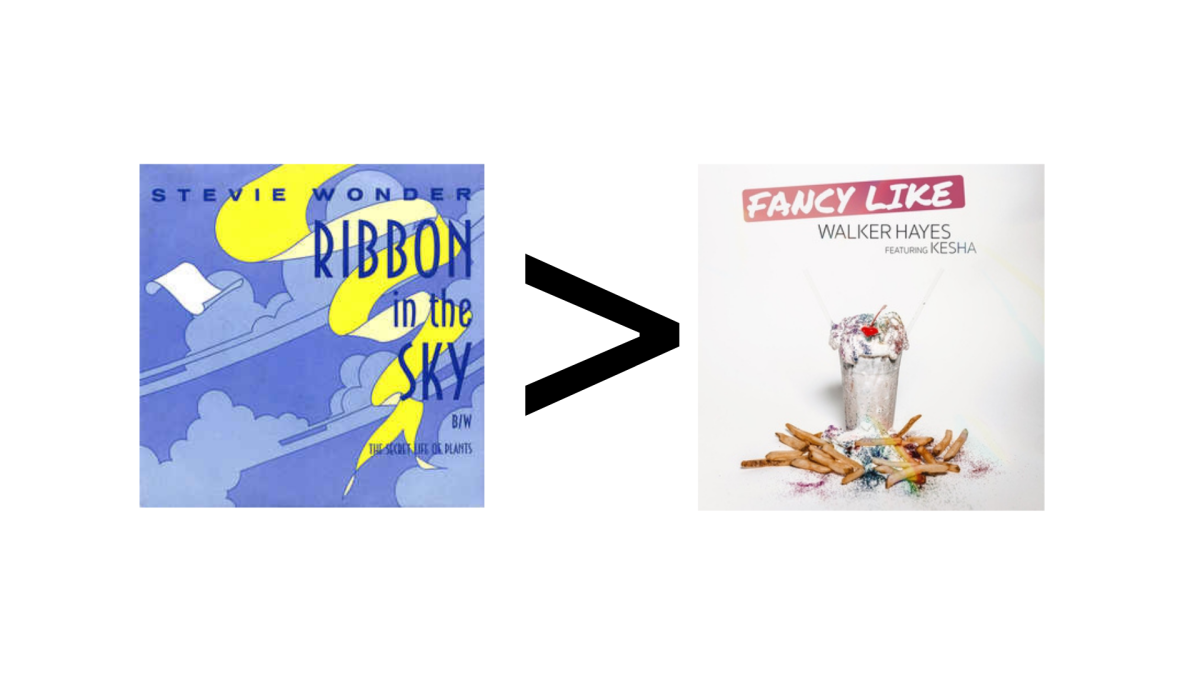
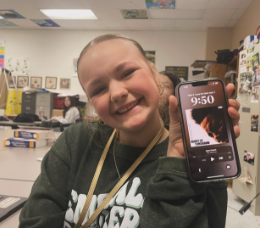
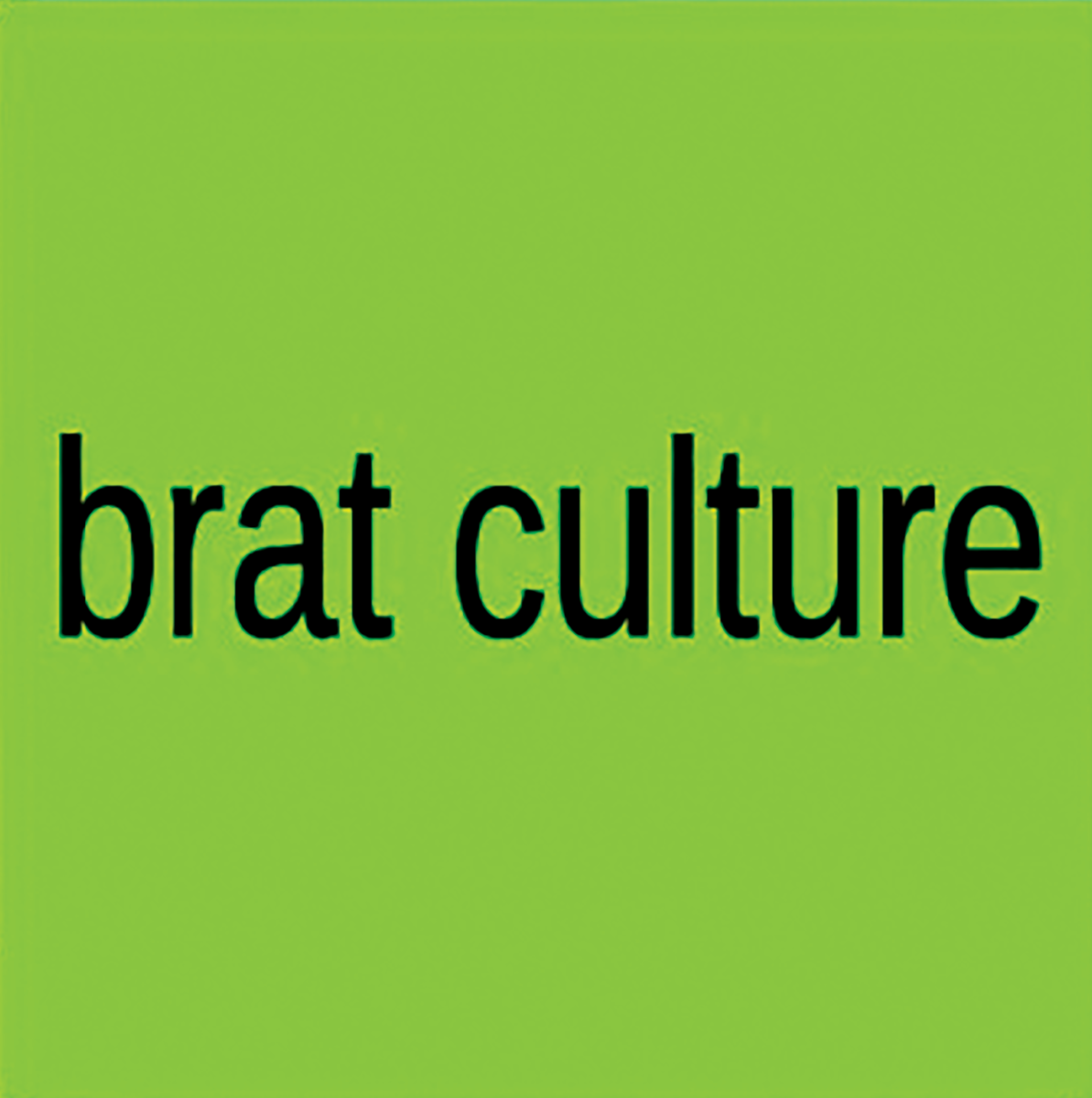



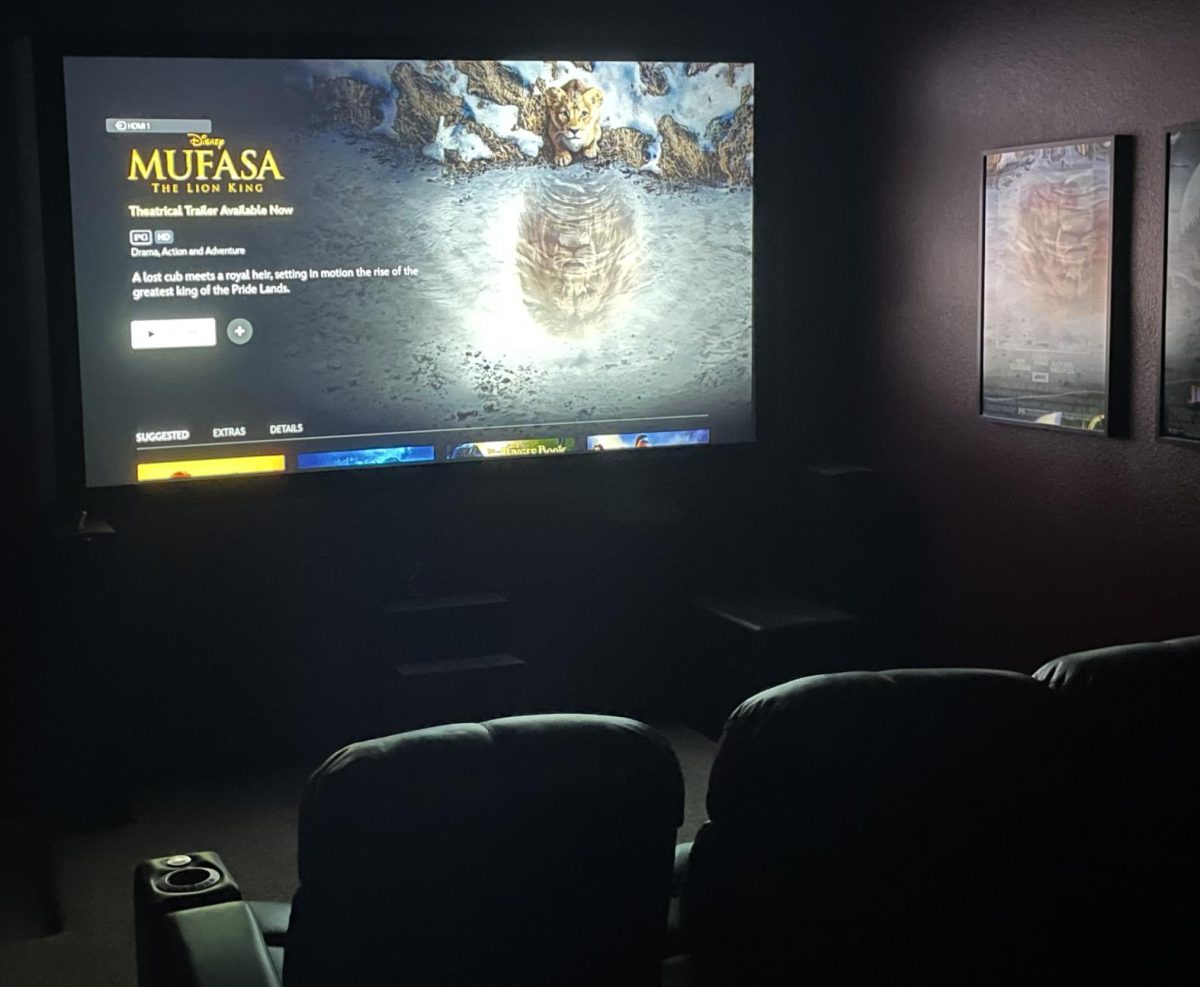

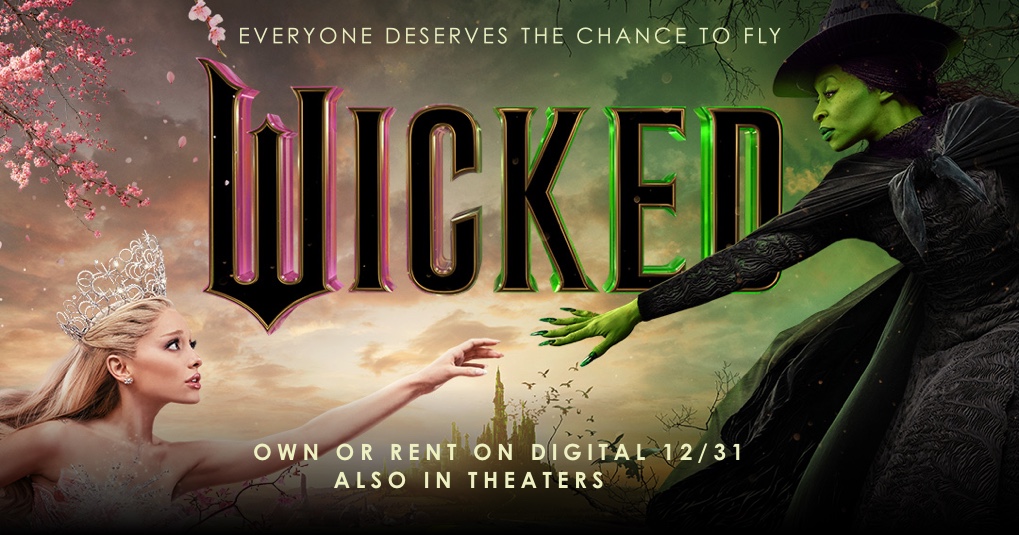

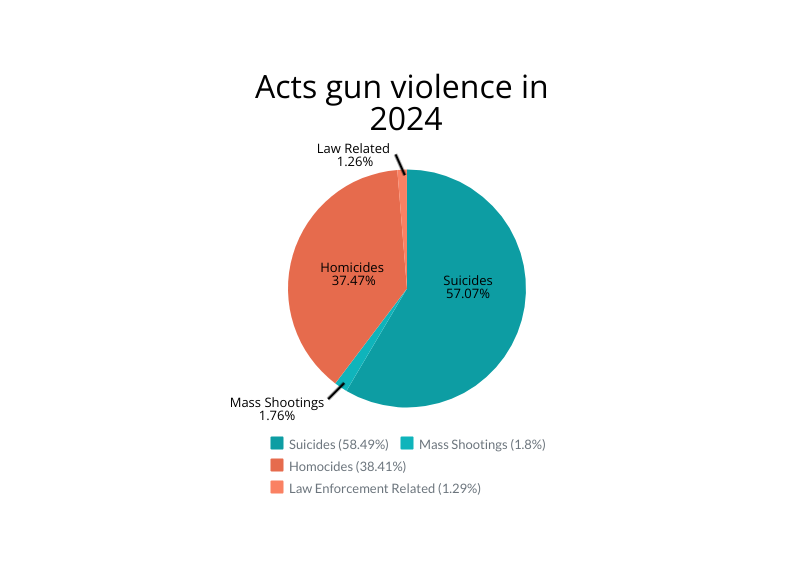
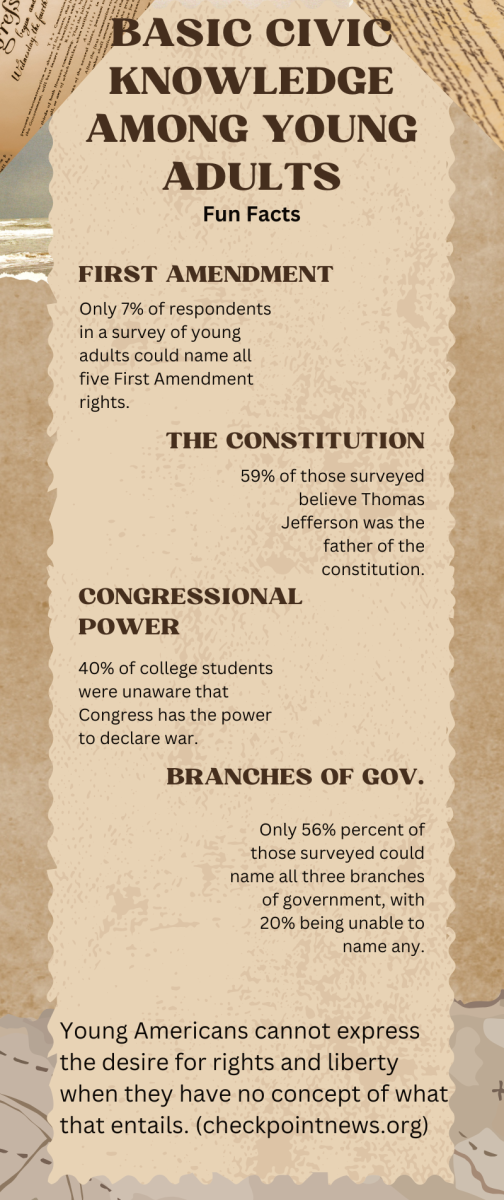
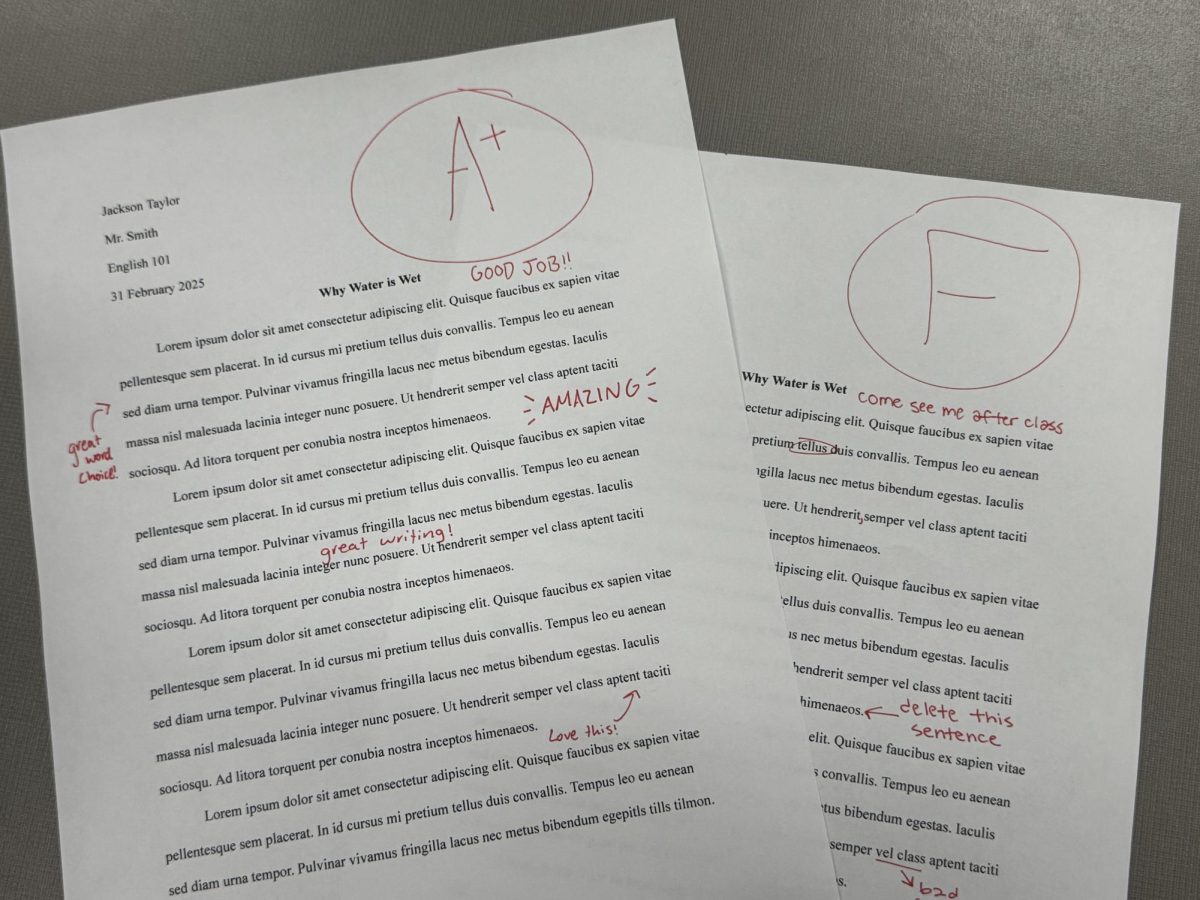
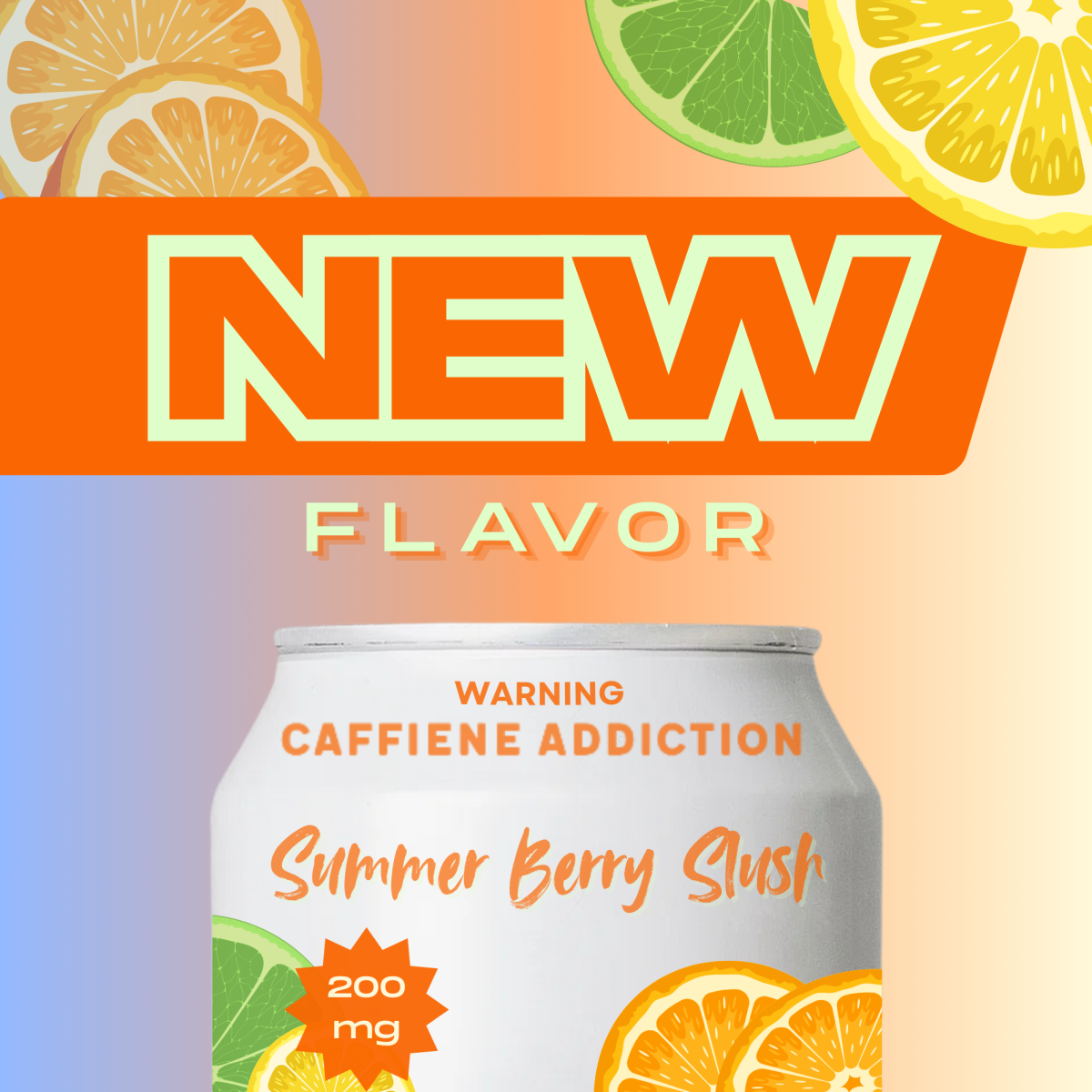





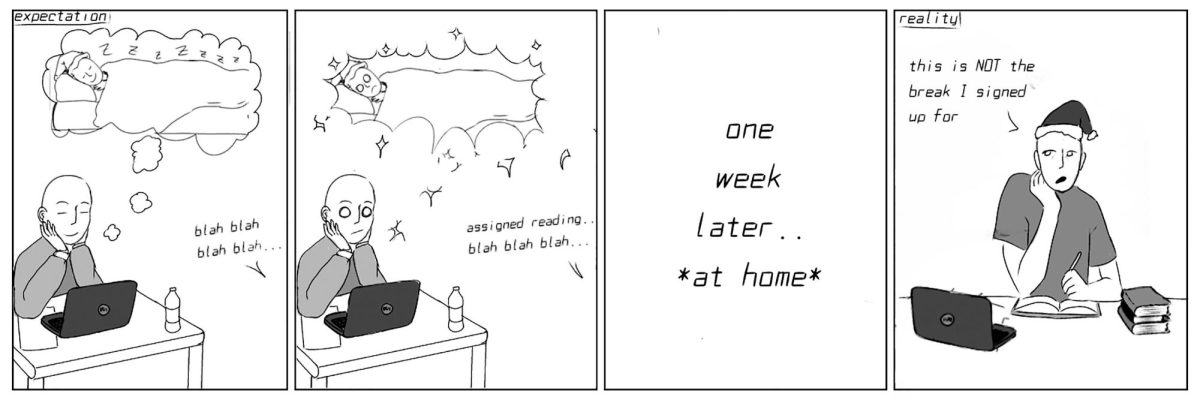
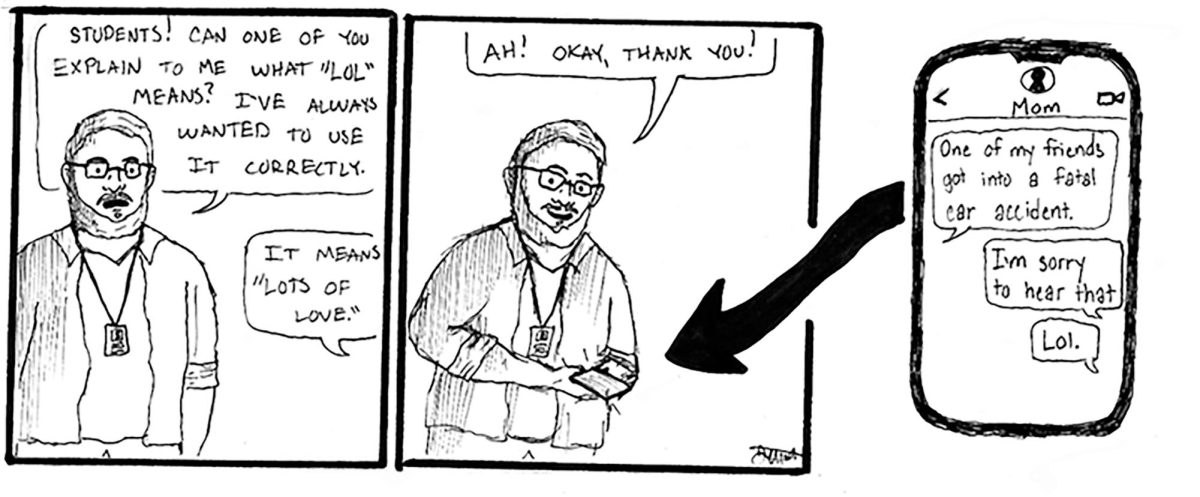
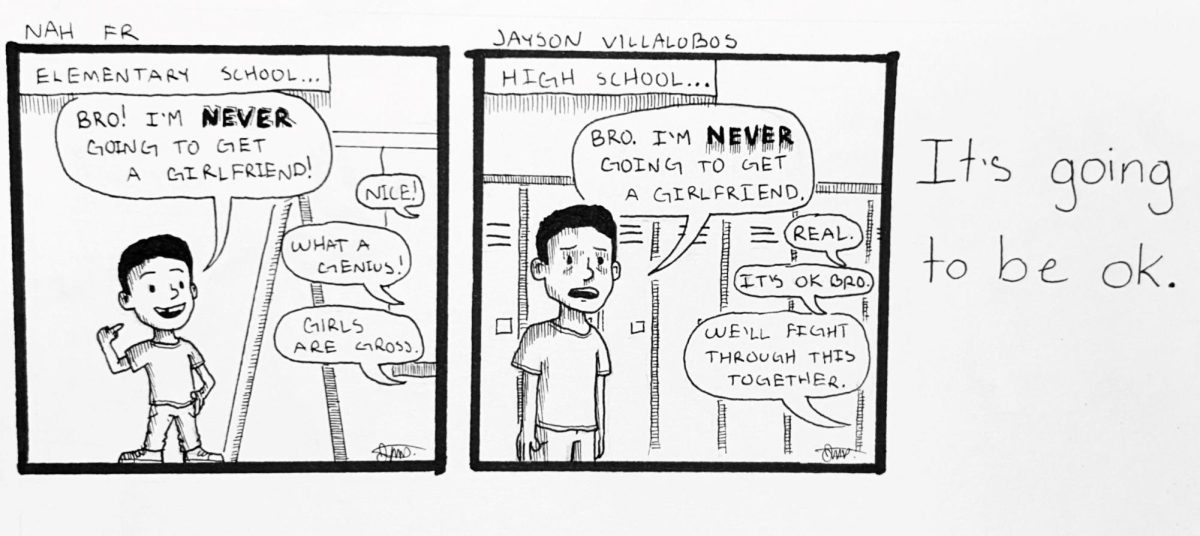


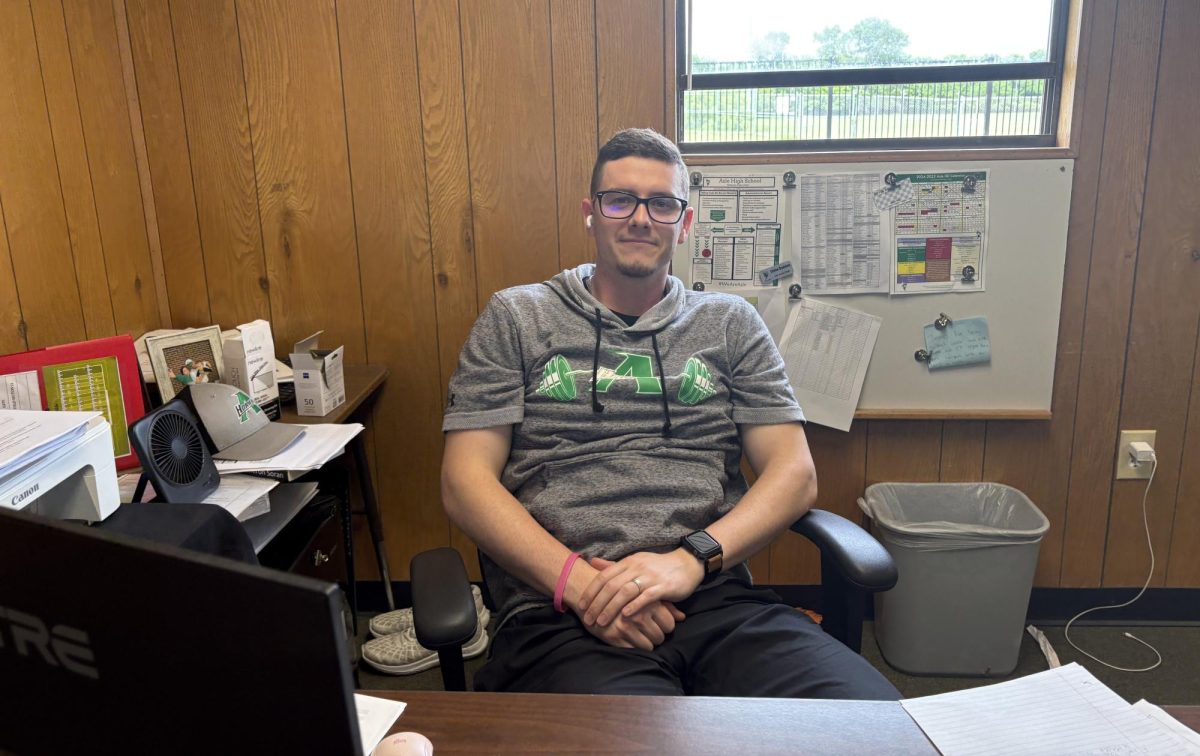


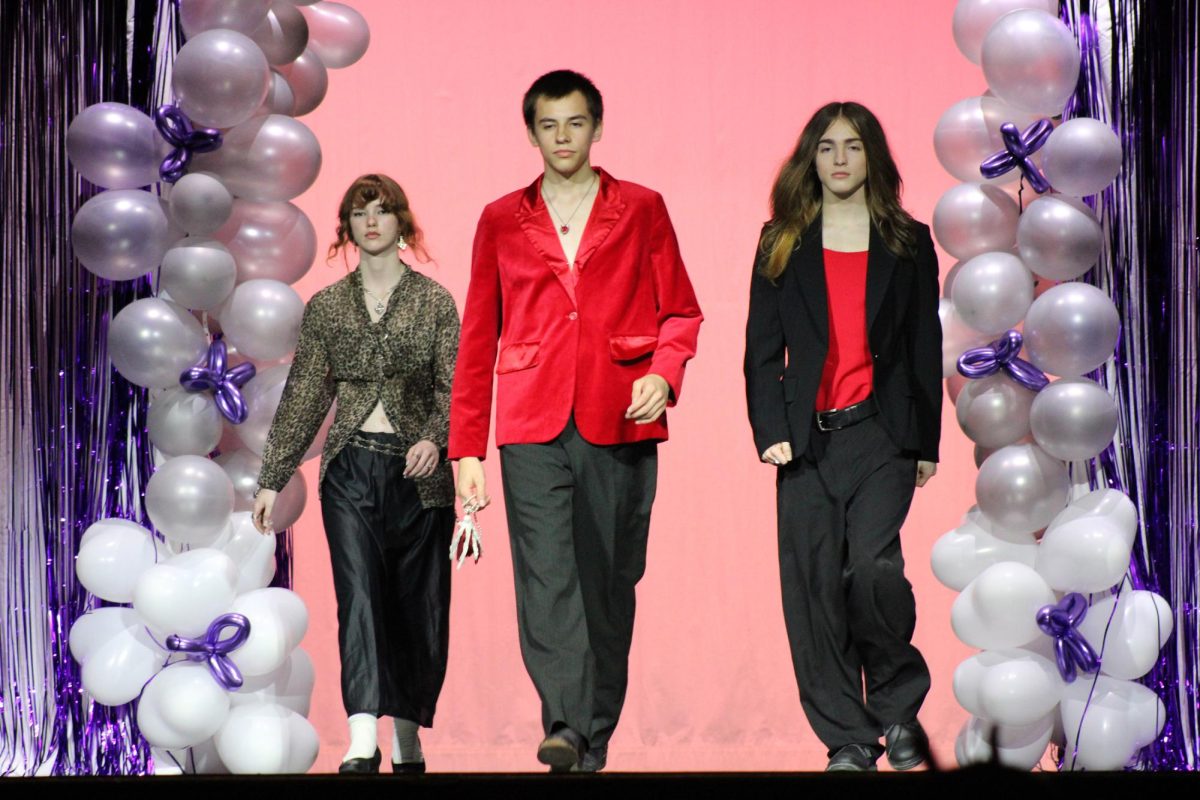


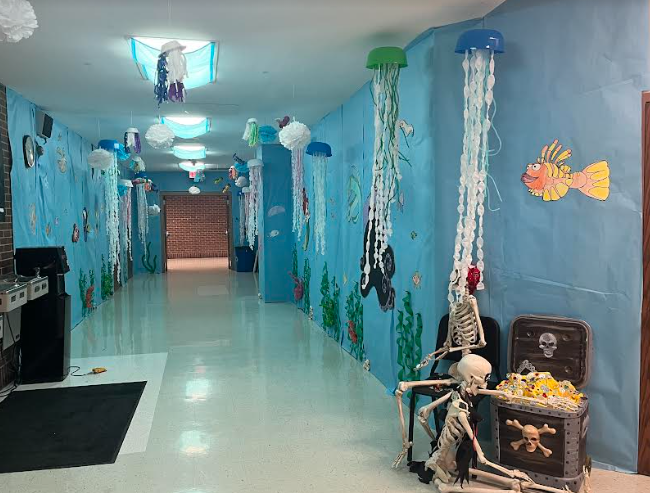


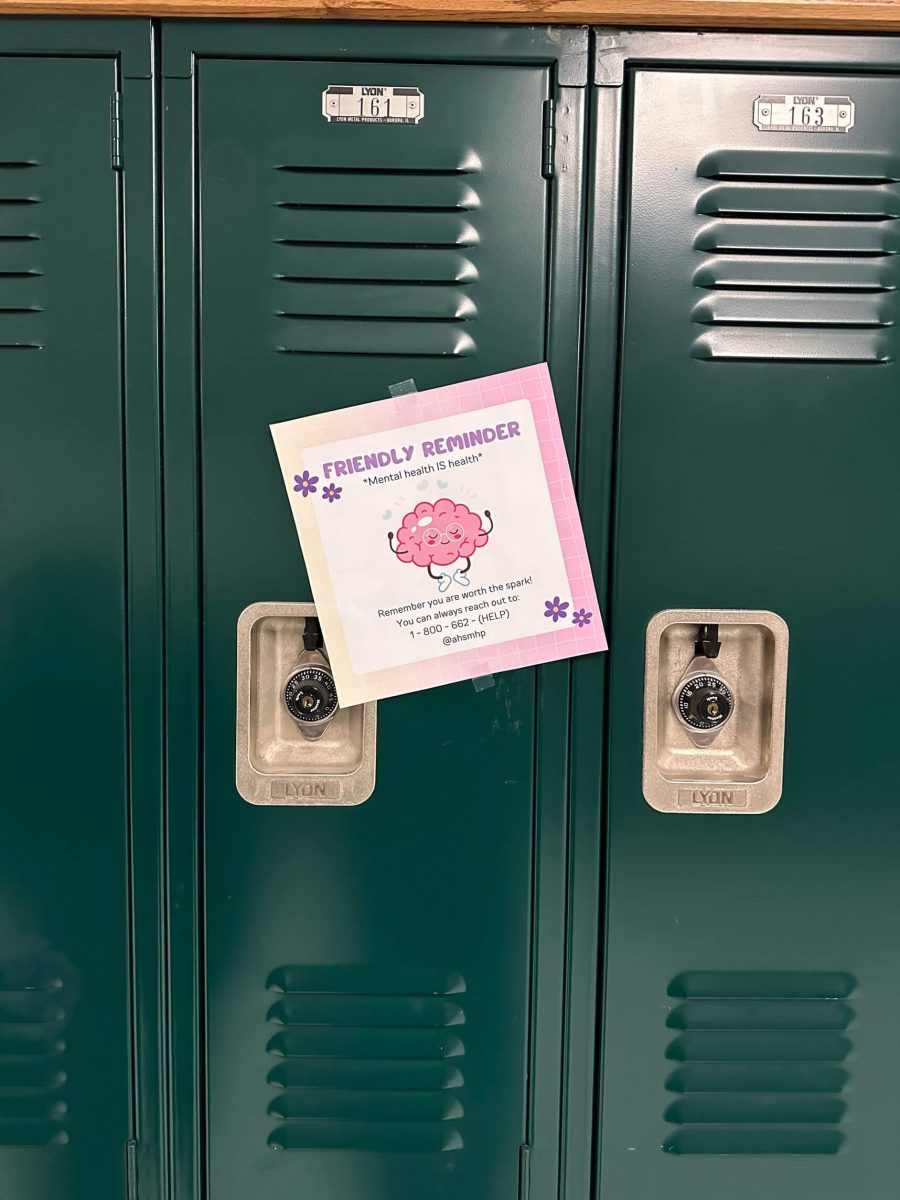

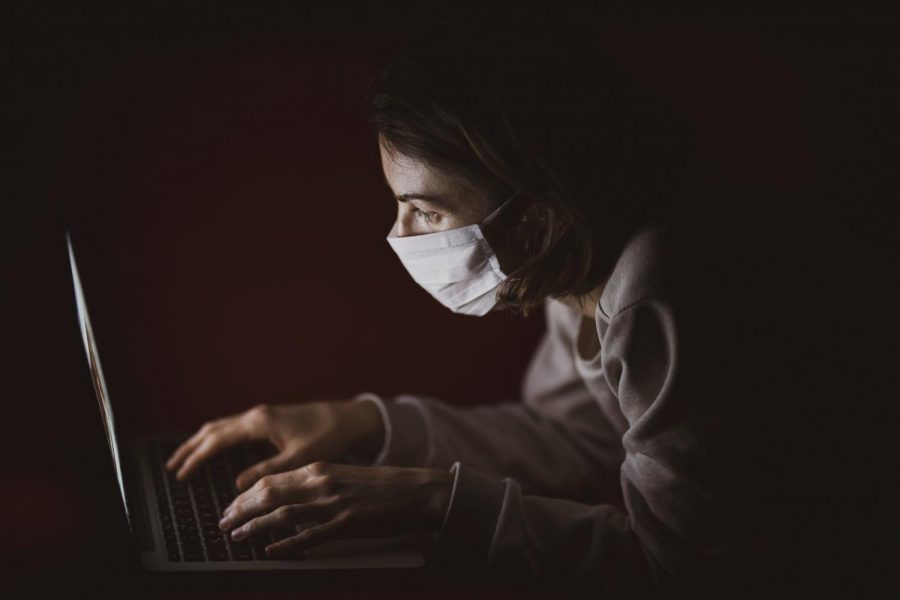
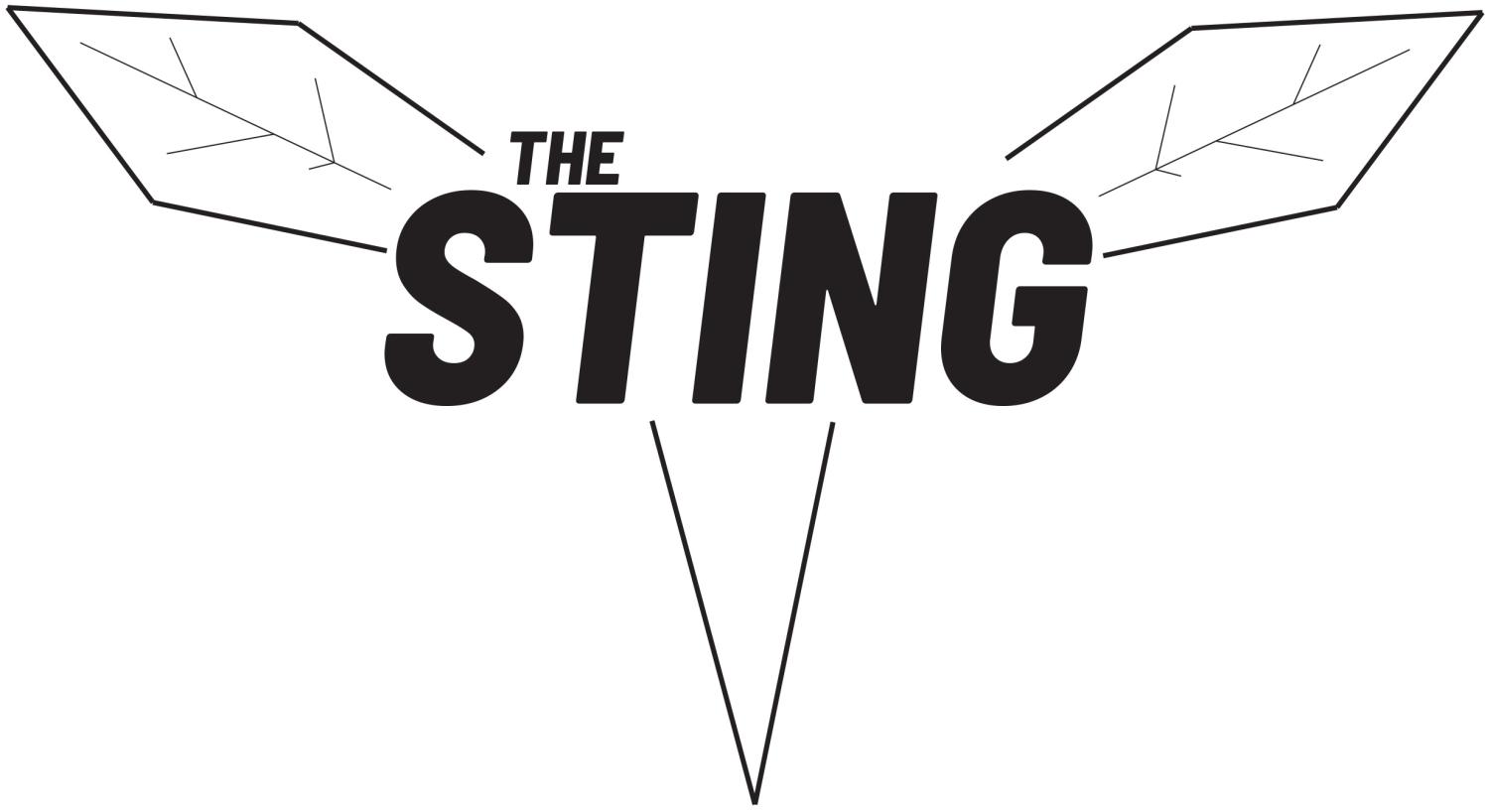
Anonymous • Jan 28, 2021 at 4:08 pm
Well spoken, I see you. I suffer from trichotillomania and depression. I too am exhausted of our daily challenges romanticized as something “unique” or “funny.” I’ve nearly lost my own life, and to hear the ” I failed my test I’m gonna off myself” comments, are so annoying. I’m sick and tired of all of these wanna be’s trying to be different by romanticizing an issue they don’t understand.